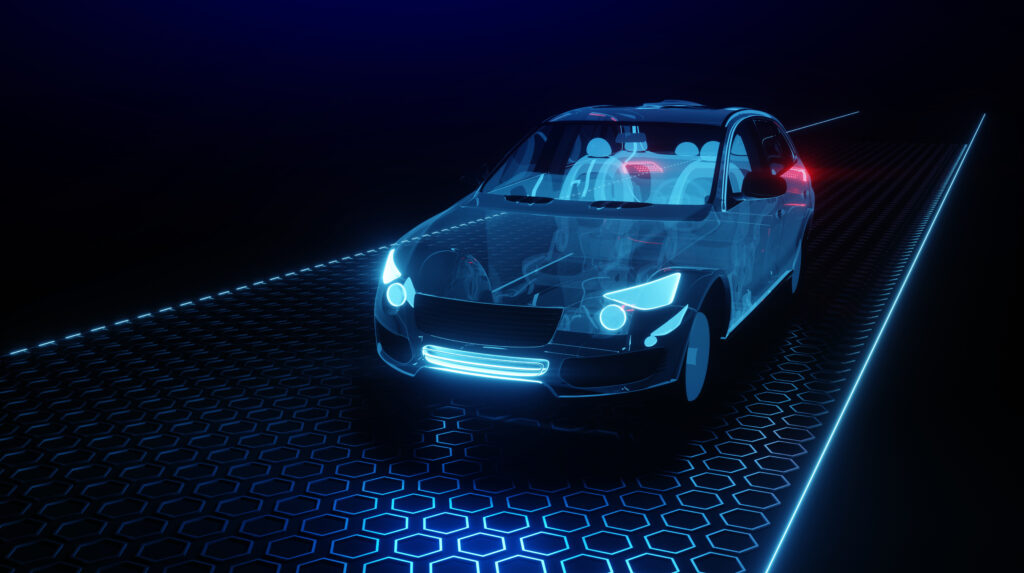In partnership with the University of Toronto, Aurora Innovation has publicly released the Aurora Multi-Sensor Dataset, a large-scale multi-sensor data set with localization ground truth. The data set consists of rich metadata which includes semantic segmentation and a variety of weather patterns such as rain, snow, overcast cloud and sunshine, in addition to different times of day and varying traffic conditions.
Aurora claims that the data set is 1-2 times larger than other publicly available localization data sets. Furthermore, the data set can be used for the development and evaluation of large-scale, long-term approaches to autonomous vehicle localization.
By releasing the data set to the academic sector, Aurora aims to contribute “meaningful engineering research and development” to support progress within the autonomous systems field. Additionally, due to the size and the diversity of Aurora’s Multi-Sensor Datatset, it can be used for 3D reconstruction, HD map construction, map compression and more.
The data set was captured by Uber Advanced Technologies Group (ATG) in the metropolitan area of Pittsburgh, USA between January 2017 and February 2018. Aurora acquired the data set in January 2021. Uber ATG used a 64-beam Velodyne HDL-64E lidar sensor and seven 1920×1200-pixel resolution cameras, in addition to a forward-facing stereo pair and five wide-angle lenses providing a 360-degree view around the vehicle to capture the data.
The Aurora Multi-Sensor Dataset is hosted on Amazon Simple Storage Service (S3), made available through the Open Data Sponsorship Program. It is intended for non-commercial academic use.
The data set was previously introduced as Pit30M at the International Conference on Intelligent Robots and Systems (IROS) 2020.
For the latest updates on Aurora, click here.


